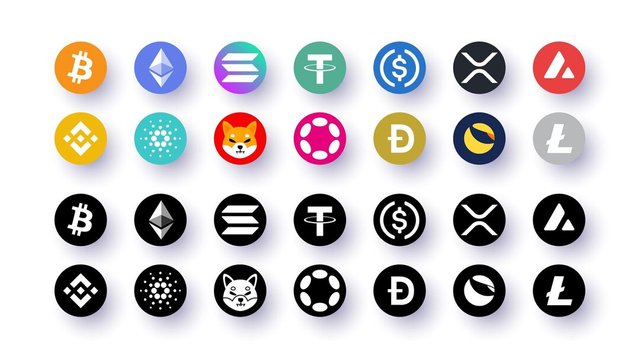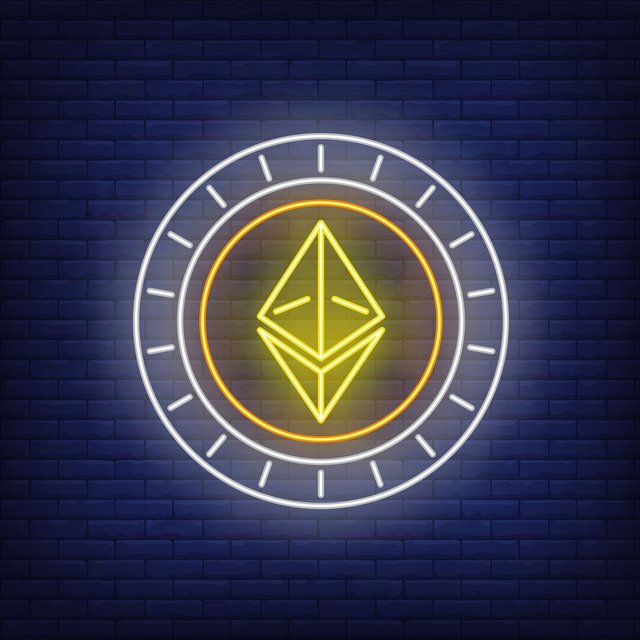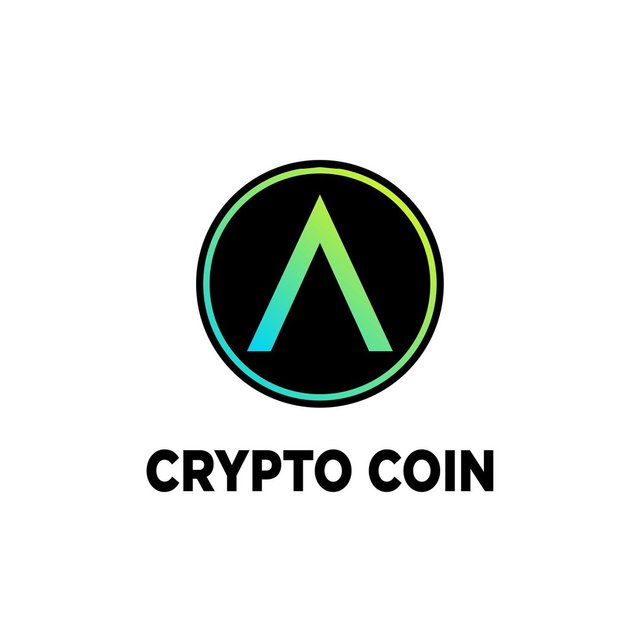Altcoins, another way to say "elective coins," are digital forms of money that are options in contrast to Bitcoin, the first and most notable digital money. While Bitcoin prepared for decentralized computerized monetary standards, altcoins offer varieties in highlights, functionalities, and use cases.
Altcoins can fill various needs, including enhancing Bitcoin's restrictions, exploring different avenues regarding new innovations, or taking care of explicit specialty markets.
Instances of altcoins incorporate Ethereum (which presented brilliant agreement usefulness), Wave (zeroed in on working with cross-line installments), Litecoin (which offers quicker exchange speeds), and numerous others.
Altcoins are commonly made through the course of introductory coin contributions (ICOs) or by forking existing blockchain conventions. They can differ broadly concerning market capitalization, reception, and utility.
Of course, the following are three altcoins made sense of in straightforward terms:
Ripple (XRP): Wave is a computerized installment convention and digital money intended for working with quick, minimal expense cross-line exchanges. Dissimilar to Bitcoin, which works on a decentralized organization, Wave works with banks and monetary establishments to empower continuous repayment of installments.
Cardano (ADA): Cardano is a blockchain stage and digital money that plans to give a versatile and reasonable foundation for building decentralized applications and savvy contracts. It centers around research-driven improvement and plans to address adaptability.
Binance Coin (BNB): Binance Coin is the neighborhood computerized cash of the Binance exchange, one of the greatest advanced money exchanges on earth
Altcoins can be exchanged at digital currency trades by following a straightforward course of trading:
To purchase altcoins, clients normally need to make a record on a cryptographic money trade that upholds the particular altcoin they wish to buy. After account creation.
Clients store reserves (for the most part in Bitcoin, Ethereum, or government issued money) into their trade account. They then explore to the exchanging segment of the trade and quest for the ideal altcoin pair (e.g., BTC/ETH, ETH/ADA).
Selling altcoins follows a comparable cycle. Clients explore to the exchanging segment of the trade, select the altcoin pair they need to exchange (e.g., ADA/USDT, XRP/BTC), input how much altcoins they wish to sell, and execute the exchange by affirming the exchange.
Prior to putting resources into altcoins, think about the accompanying tips:
- Research:
Direct careful examination on the altcoin you are thinking about putting resources into. Assess its innovation, use case, group, local area, and potential for reception and development. Search for whitepapers, project updates, and local area conversations to acquire experiences into the task's essentials and long haul practicality.
- Expand:
Expansion is critical to overseeing risk in your venture portfolio. Rather than placing every one of your assets into a solitary altcoin, consider broadening across numerous undertakings with various use cases and potential for development. This helps spread risk and lessens the effect of any single speculation's presentation on your general portfolio.
- Risk The executives:
Put forth clear venture objectives, risk resilience, and leave techniques prior to putting resources into altcoins. Just contribute what you can bear to lose and abstain from money management more than you're willing to risk. Consider utilizing stop-misfortune orders or setting value focuses to oversee disadvantage risk and safeguard your venture capital.



